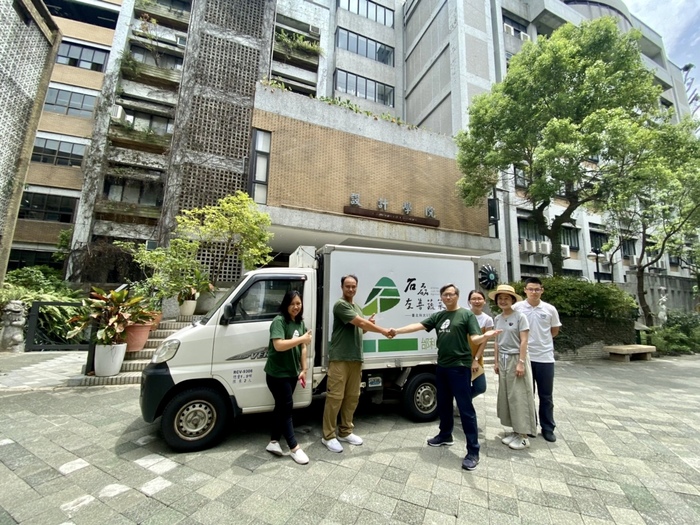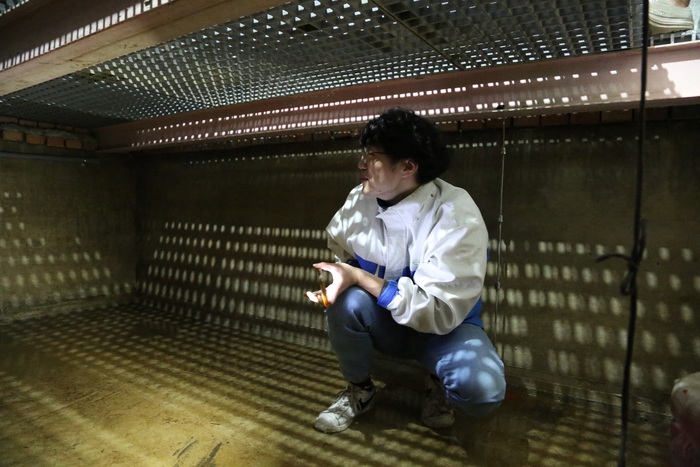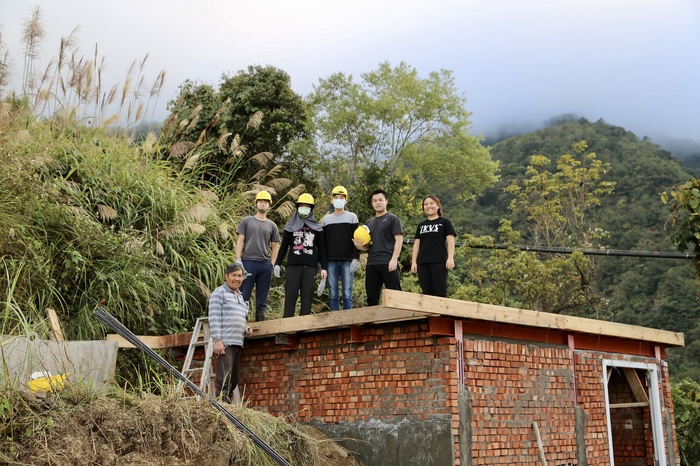Smart Cold Chain System to Preserve Eco-friendly Vegetables and Reduce Food Waste



The Quri Indigenous Community, located at the mountain side of Hsinchu, has long been facing difficulties in storing agricultural products
due to energy shortages. Through implementing University Social Responsibility (USR) project, Taipei Tech teachers and students, along with Taipei Tech’s industry partner, Flutai co., LTD, were able to propose a solution that combines Atayal wisdom and modern technology to build a smart cold chain system for the community.
The tribal elder, Lo Ching-lang, indicated that the community often encounters energy shortage due to natural disasters such as typhoon or snow. It takes times for the maintenance personnel to arrive and repair the damage as the community is located deep in the mountain. The lack of electricity causes tremendous lost on the agricultural products that produced by the local people.
Lo then discussed the problem with Taipei Tech USR team and shared with them the idea of a traditional cellar that their ancestors used to store a variety of foods. Students who specialized in architecture, cold chain systems, and civil engineering were then recruited to join the team to execute the project, in which teachers, students, and local people worked together to redesign and rebuild an Atayal smart cellar for food preservation.
This smart cellar was built with composite building materials that were eco-friendly and moisture resistant. The traditional soil walls were replaced with cement and was installed with a humidity sensor and water facility for cold spring piping. It costs 6 months for the cellar to be fully built. The cellar can maintain the temperature between 7°C to 10°C without compressor and condenser during winter days.
Lo mentioned that now the agricultural products are sent directly to the cellar right after harvest. “The vegetables can maintain freshness for 7 to 10 days in the cellar which enables us to sell more to the customers instead of the wholesalers”.
Lee Kuei-peng, professor of Taipei Tech Department of Energy and Refrigerating Air-Conditioning Engineering, noted that the team has helped built a complete smart cold chain system to assist the process from lowering field heat, cold storage to cold‑chain transportation. Lin Wei-chi, master student of Department of Energy and Refrigerating Air-Conditioning Engineering, also indicated that the team has installed the temperature and humidity sensor inside the refrigerator truck that carries the agricultural products to make sure the cold storage is functioning perfectly. “Through observing the data collected by the sensor, we are able to monitor the quality of the precious and eco-friendly vegetables carried by the truck” said Lin.






